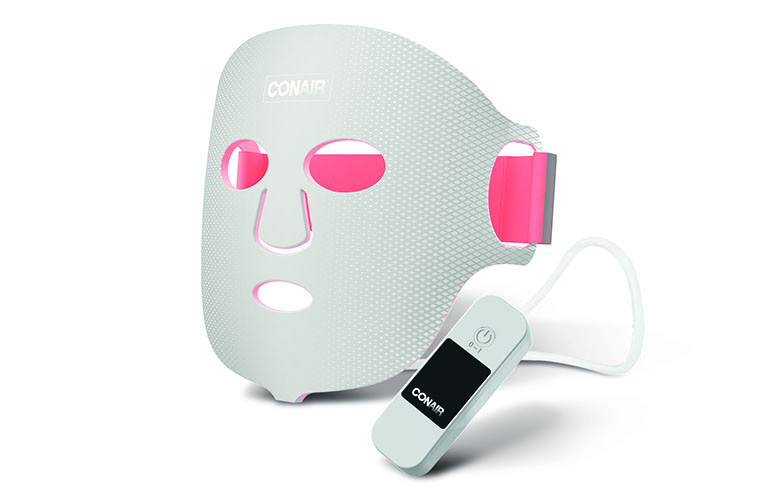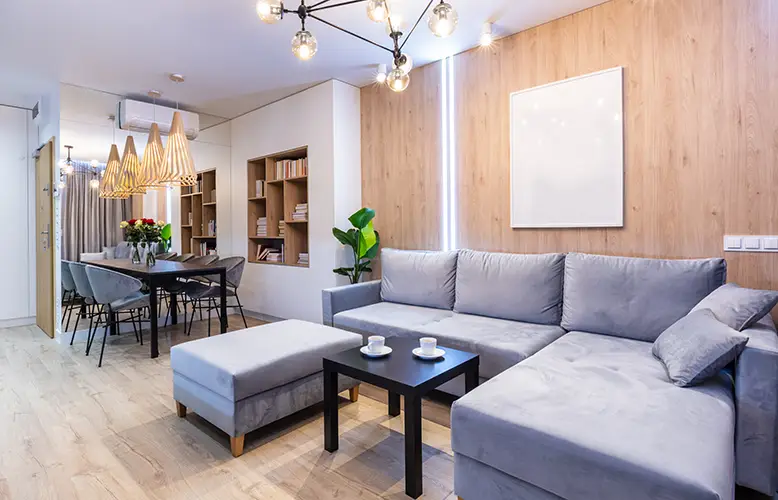A good night’s sleep is essential for our health as well our productivity during the day. Along with regular exercise and a healthy diet, our body needs restful sleep so it can function properly. Remember, a few simple lifestyle changes can make a huge difference to your quality of sleep. Research shows that poor sleep can have negative effects on our brain function, hormones, and exercise performance. In contrast, having a good night’s sleep can help with our overall health.
If you’re willing to optimize your health, getting a comfortable night’s sleep should be one of the most important things for you. Here are a few tips that can help you sleep better at night.

Get the right mattress and pillow
There are various types of mattresses you can choose whether you have back pain, sleep apnea, night sweats, etc. You can choose a firmer mattress or a softer one, depending on what feels right to you. Note that whatever you choose, your mattress should feel comfortable and supportive so that you wake up feeling rested. Look for mattresses in your area that provide adequate support for your neck and back in particular.
For example, if you live in California, you might want to search for custom mattresses in Orange County that can be adjusted to reduce back pain, snoring, heartburn, and other conditions. This can greatly help improve your sleep as well as your mood. Along with choosing the right mattress, you might also want to think about the right pillow. Select one that feels comfortable to you whether it is soft or firm, and make sure it doesn’t push your head up at a sharp angle.
Find a comfortable position
If you’re having trouble sleeping comfortably, you could benefit from trying out a different position. Note that sleeping on your side is most recommended to reduce the chances of interrupting your sleep and help with back pain. Placing a pillow between your knees will alleviate pressure on your lower back and hips, thus making sleep more comfortable.
If you feel better sleeping on your back, keep in mind that it may increase your chances of lower back pain, and it might cause cases of apnea. If you prefer to sleep on your stomach, do it cautiously. This position can often cause pain in the lower back and neck. However, if you still feel most comfortable sleeping in this position, try to use a soft pillow or none at all to reduce the risk of neck pain.
Exposure to light
You should think about controlling your light exposure as it can disrupt your sleep. Keep in mind that your brain secretes more melatonin when it’s dark and less when it’s light. However, the aspects of modern life can alter our body’s production of melatonin and change the circadian rhythm. If you want to improve your sleep, make sure you keep track of your exposure to light. For example, during the day, try to spend more time outside and expose yourself to bright sunlight.
Let natural light into your home or workplace, and if necessary use a light therapy box. On the other hand, it’s important to pay attention to your exposure to light at night. Avoid bright screens within 1-2 hours before bedtime, including late-night TV. Additionally, don’t read with backlit devices, and when it’s time to sleep, ensure the room is dark. In case you need some light to move around your home safely, try installing a dim nightlight.
Sleep routine
Get your body as well as mind ready for sleep by doing the same things each night. You can listen to music, read a book, or take a warm bath. Additionally, drinking warm drinks such as tea can help you become comfortable and sleepy. You might also want to consider calming techniques like mediation or breathing exercises, but avoid exercising before going to bed.
Avoid eating shortly before bedtime as it can cause indigestion. Your last meal should be no less than 2-3 hours before going to bed. Avoid coffee, nicotine, and other stimulants as well. Many people sleep better when their environment is quiet, so try to keep noise and distractions to a minimum. Keep your windows closed, and TV, radio, or other devices turned off or at a low volume.

Final thoughts
If you’re having trouble falling asleep it might also mean you’re experiencing insomnia, so you should talk to your doctor to find a healthy solution. Learn ways to fall asleep comfortably by making relaxation your goal, staying out of your head, and keeping a quiet and calm environment. Choose the right mattress, and avoid things that can disrupt your sleep.































